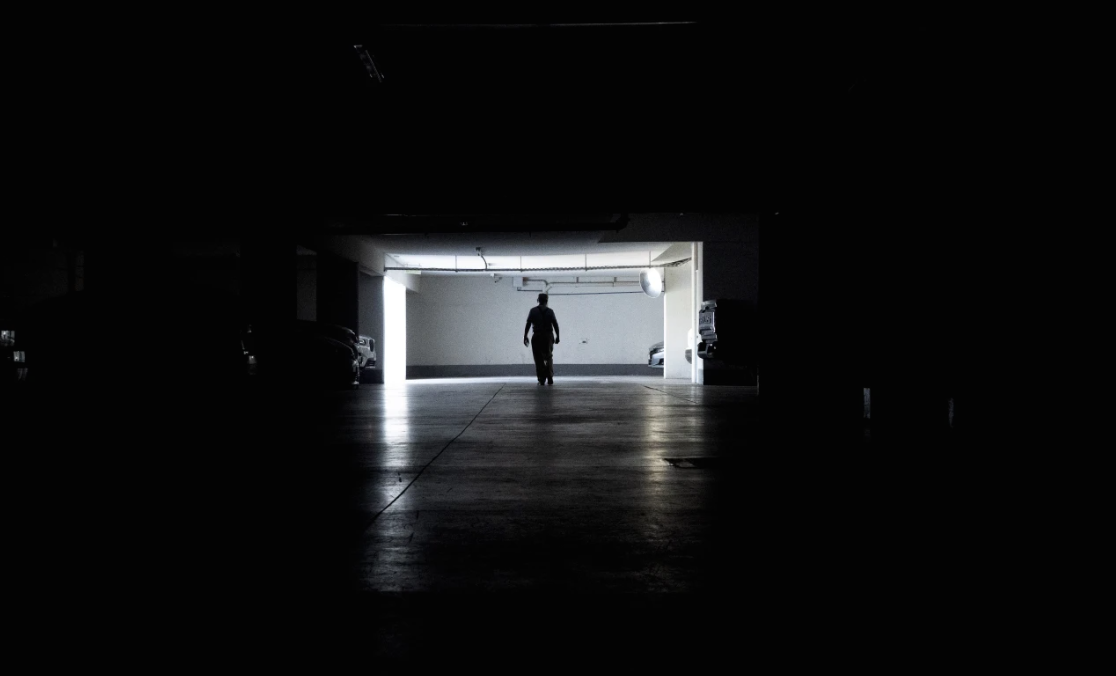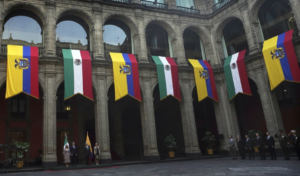Electricity providers in Chile worked urgently to restore power on Tuesday after a massive blackout left 90% of the country without electricity. The outage caused significant disruption, stranding commuters, knocking out cell service, and paralyzing businesses and daily activities.
The scale of the blackout appeared to catch authorities off guard. In response, the government declared a state of emergency and imposed a mandatory nighttime curfew, which will remain in place until 6 a.m. on Wednesday.
Interior Minister Carolina Tohá emphasized that ensuring public safety was the government’s primary concern in implementing these measures. Thousands of soldiers were deployed across the country to maintain order and enforce the curfew.
Mobile phone services were disrupted, the world’s largest copper mine halted operations, and many people reported water shortages as pumps powered by electricity stopped working. However, emergency generators allowed hospitals and government offices to continue functioning.
Power began to return in phases seven hours after the widespread blackout hit Chile, with lights flickering back on in various areas. On a hot summer night in the Southern Hemisphere, this was a relief, as air conditioning and fans were crucial for keeping people cool. Cheers erupted on the streets as electricity started to return.
By around 11 p.m., half of the 8 million affected households had regained power, according to President Gabriel Boric.
Boric condemned the incident, calling it “outrageous” and “unacceptable” in a late-night televised address. He criticized the impact that one or more companies had on the daily lives of millions of Chileans.
The National Electrical Coordinator, which manages Chile’s power grid, reported that the blackout was caused by a disruption in a high-voltage transmission line, which runs from the Atacama Desert in northern Chile to the capital city, Santiago.
The grid operator’s president, Juan Carlos Olmedo, explained that the initial regional issue triggered a series of overloads and plant shutdowns, eventually leading to a massive blackout affecting 90% of Chile’s 19 million people, from the northern port city of Arica to the southern Los Lagos region.
The failure of the electric system was acknowledged by officials, with the cause still under investigation. However, authorities have ruled out a cyberattack or any criminal involvement.
Across Chile, the effects of the blackout were widespread. Traffic lights went dark, trains halted, and ATMs stopped functioning. Soccer matches were canceled, schools closed, and concerts were postponed. Police and civilians had to step in to direct traffic, and petrol stations were unable to pump gas.
Businesses, including restaurants, bars, and movie theaters, suffered financial losses, while crowds were left stranded in stalled subway cars. Elderly residents worried about being stuck in apartment buildings due to the elevators being out of service.
“Everything has stopped, there’s chaos,” said Jorge Calderón, a writer and Santiago resident.
Chile’s national disaster response service, Senapred, reported that the power outage affected 14 of the country’s 16 regions, including Santiago, which has a population of about 8.4 million. Authorities also announced that subway services in the city would remain suspended until further notice.
Interior Minister Carolina Tohá reported that hospitals, prisons, and government buildings were relying on backup generators to keep essential operations running. Officials worked to evacuate passengers from dark subway tunnels and stations in Santiago and other cities, including the coastal tourist destination of Valparaiso.
Videos shared on social media from across Chile, a long country stretching 4,300 kilometers (over 2,600 miles) along the southern Pacific coast, showed widespread chaos at intersections as traffic lights were out. People used their mobile phones as flashlights in the underground metro, and police were dispatched to help evacuate buildings.
Transport Minister Juan Carlos Muñoz urged the public to stay home, warning that it was “not a good time to go out” due to the widespread disruption in the transport system, with only a few traffic lights still operating across the country.
Authorities at Santiago International Airport stated that the terminals had switched to emergency power, but they warned that “some flights could be impacted.”
Several copper mines in Chile halted operations due to the lack of electricity, while others used backup power to keep running. Codelco, the state-owned mining company and the world’s largest copper producer, confirmed that the power outage had “affected all operations,” though they did not provide further details.













